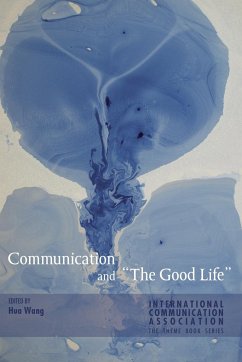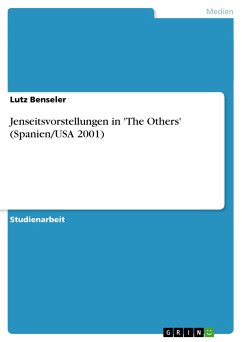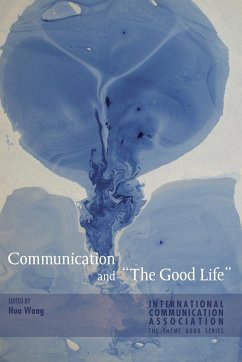
'The Edukators':Resistance and Incorporation
Discussing Contradictions in Gramsci's Concept of Hegemony
Versandkostenfrei!
Versandfertig in 6-10 Tagen
32,99 €
inkl. MwSt.

PAYBACK Punkte
16 °P sammeln!
Following the fall of the Berlin Wall, German society experienced the end of a political and cultural antagonism, which had defined East and West since WWII. Reunification was marked by post-modern feelings of fragmentation, uncertainty and loss of authenticity. This led to glorifications of past cultures, evident in the phenomenon of Ostalgie, the recurrence of the Heimat tradition and the revival of Counter-cultural styles amongst contemporary youth. With Hans Weingartner s film 'The Edukators' and Antonio Gramsci s concept of Hegemony in focus, this book seeks to reassess the validity of tr...
Following the fall of the Berlin Wall, German society experienced the end of a political and cultural antagonism, which had defined East and West since WWII. Reunification was marked by post-modern feelings of fragmentation, uncertainty and loss of authenticity. This led to glorifications of past cultures, evident in the phenomenon of Ostalgie, the recurrence of the Heimat tradition and the revival of Counter-cultural styles amongst contemporary youth. With Hans Weingartner s film 'The Edukators' and Antonio Gramsci s concept of Hegemony in focus, this book seeks to reassess the validity of traditional cultural theory in post-Wall German society. The author critically examines the power- struggle between resistance and incorporation of (youth-) cultural movements and nostalgic material desires in contemporary Germany. The analysis illustrates the need for a more positive re- utilisation and remembrance of history in East and West in order to enhance cultural optimism for a unitedpresent and future. It should be of particular interest to those studying German culture, film or history, and anyone who feels that innovation springs from the creative individual.












